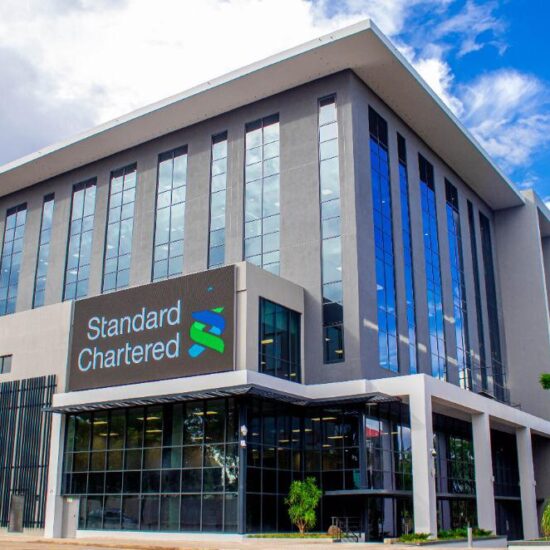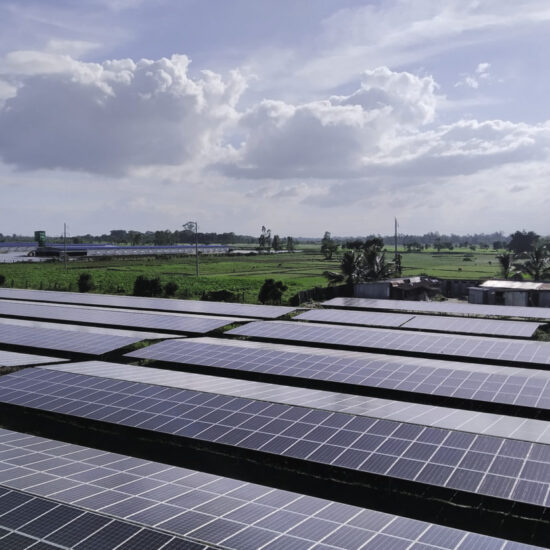
Newly appointed Minister of Finance, Dr. Bwalya Ng’andu has perhaps dealt his first card and disclosed that Sales Tax will be implemented in January 2020. This is a move that may signal a pivot to a more foreign investor friendly posture.
Dr. Ng’andu this afternoon moved a motion in Parliament to withdraw the sales tax bill from the current sitting of Parliament, effectively confirming that the earliest time the sales tax would be implemented is January 2020.
He said the Sales Tax Bill will be reintroduced during the Budget Session of Parliament. Addressing the House through the Speaker, the finance minister stated that the Sales Tax Bill will be reintroduced during the Budget Session commencing in September, 2019, in readiness for it’s commencement in January, 2020.
Dr. Ng’andu stated that, this will allow for sufficient time to address the concerns in the Sales Tax Bill that stakeholders raised during the comprehensive consultations that were undertaken on Sales Tax implementation, and for businesses to put in adequate measures to adapt to the new tax regime.
This is contained in a statement made available to the Zambian Business Times – ZBT by Ministry of Finance spokesperson Chileshe Kandeta.
However, the move brings the 2019 budget credibility under further scrutiny especially on the revenue and expenditure side. Sales tax was mainly proposed among other targets, to curb massive tax refunds that the mining companies have been drawing from the treasury, with the aim of ploughing back the savings into the current infrastructure drive.
The statement availed to ZBT is silent on what the treasury and the ministry of finance will do to plug the hole that the continued value added tax – VAT refunds will create and which infrastructure projects will be put on ice. The VAT refunds were confirmed to have now jumped to K1.5 billion (about US$125 million) per month which is extrapolated to about US$1.5 billion in 12 months.
The biggest investors in Zambia, the large scale copper mines are the biggest winners from this announcement as this move was directly stemming their massive refunds from the Zambia Revenue Authority – ZRA. The abolishing of a refundable VAT with the non-refundable goods and services tax (also known as sales tax) was seen as a measure to shore up the country tax revenues.







